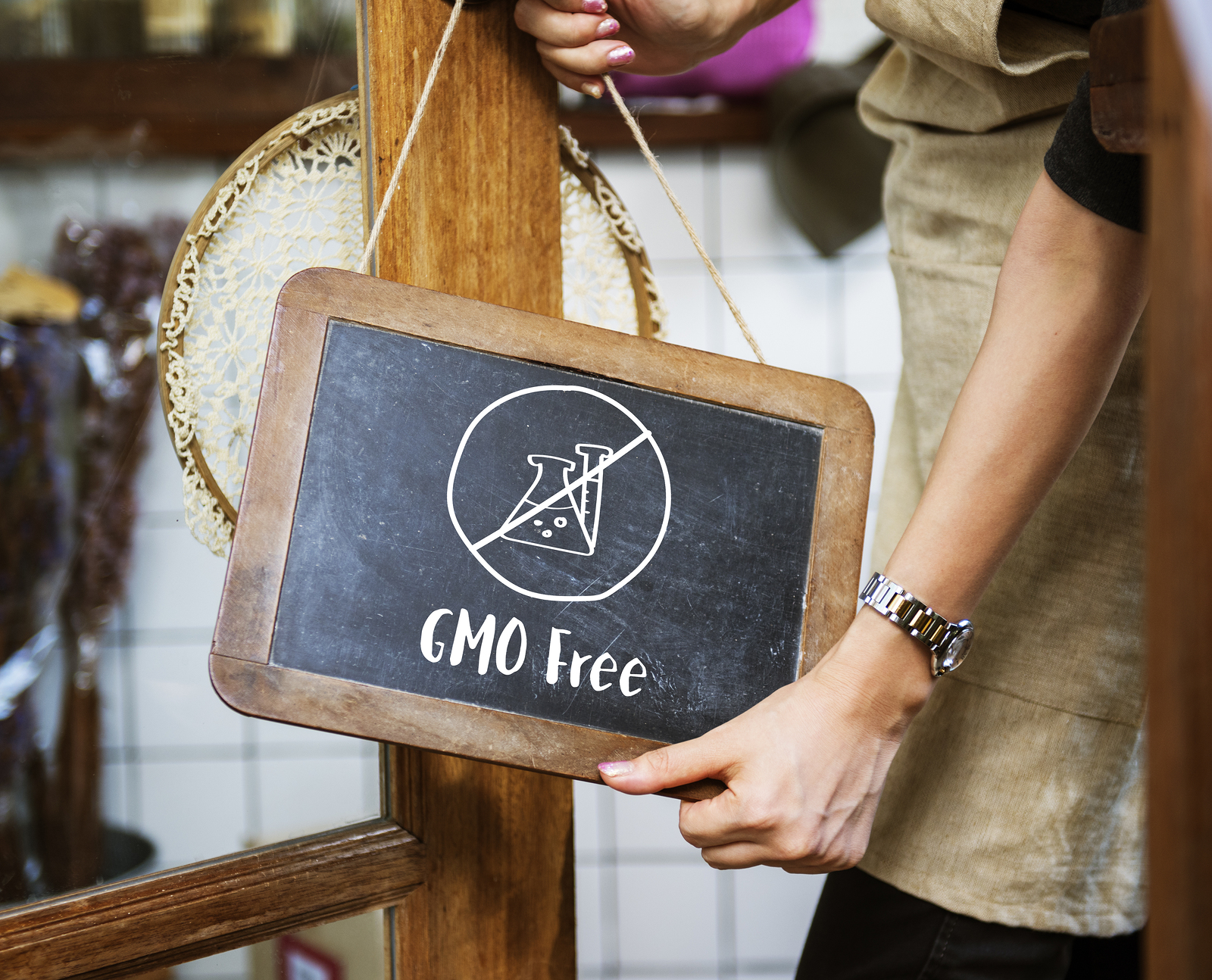GMO refers to “Genetically Modified Organism.” GMO foods mean these have been concocted naturally for reasons not associated with health and nutrition. The process is relatively new in modern agriculture. Until 1994, genetically engineered produce was not grown in the USA.
Today, over 160 million acres of farmlands are planted with GE crops annually. According to estimates made by the non-profit environmental advocacy organization (Center for Food Safety), at least 70% of grocery products contain a minimum of one genetically engineered ingredient.
Health Hazards
The United States Food and Drug Administration (FDA) stipulated that all GM foods are largely not regulated and safe like their traditional counterparts. Nevertheless, the inclusion of novel genes into organisms have likely health effects.
- Production of new allergens
- Enhanced toxicity
- Reduced nutrition
- Resistance to antibiotics
There are potential health threats related to GE foods although limited research has been made related to said dangers. This kind of food is described as containing new proteins not present before the genomic adjustment. Proteins frequently cause allergic reactions. Sometimes, our immune system sometimes produces antibodies in helping counterbalance proteins considered potentially hazardous to people’s health.
Genetic engineering is said to be a hazardous technology due to the random method of implanting genes into the plants’ DNA. Scientists are not aware of the exact destination of these genetic materials. Said genes interrupt the functions of their counterparts which generate allergens and toxins in their foods.
Likewise, it is an extreme technology that advocates of GMO as an expansion of conventional plant breeding. On the contrary, the two concepts are different because traditional breeders work with plants that belong to the same species. On the other hand, genetic engineers permit the transfer of genes from microorganisms and animals.
Researchers claim adjusted inherent and protein structure of GE foods may cause issues for our body’s regulatory system (immune and inflammatory) as well as disrupt functions of the digestive tract. The Institute for Responsible Technology published in its website results of animal studies performed by the American Academy of Environmental Medicine (AAEM) in 2009.
Said studies showed severe health risks connected to GM foods. These include immune system problems, infertility, premature and accelerated aging, flawed insulin regulation, and variations in major organs as well as abdomen. The AAEM requested medical doctors to advise their patients to stay away from anything that has been modified genetically.
Unknown Benefits
Some nutrition experts say a non-GMO regimen is ideal for those who suffer from skin parasites. Avoiding genetically modified fare help in reducing symptoms. Meanwhile, non-GMO (organic) veggies and fruits have plenty of essential nutrients and taste good. However, these produce less harvest overall.
It helps build up physical fitness and facilitates recovery. Non-GMO organic crops have 60 percent more antioxidant substances such as Vitamins C and E compared to GMO products. Antioxidants contribute to the healing of body cells following a backbreaking exercise. Hence, staying away from GMO bolsters fitness levels and aids in quick recovery.
Avoiding GMO Foods
It is advisable to avoid foods that are not free from GMO. These include processed edibles with ingredients from beets, canola (vegetable oil), GE corn, cotton, and soybeans. It is not known to many consumers that ½ of sugar used in various food items originated from genetically modified sugar beets.
Buy Non-GMO Project Verified goods (www.nongmoproject.org). It is the fastest-growing and most trusted tag in the industry of natural products which represents more than $26 billion in yearly sales. There are over 50,000 verified items for around 3,000 brands. These foods have undergone a meticulous authentication program to lessen the possibilities of GMO toxicity.
Go shopping online at ThriveMarket.com. This is a new web-based shop that provides a maximum of 50% discount off the retail cost on popular organic as well as non-GMO trademarks. Thrive Market offers free shipping for shoppers.
Purchase organic goods which offer some assurance against the dangers of genetic engineering since GM substances are not allowed in organic production. In the same token, locally-grown vegetables and fruits are guaranteed fresh.
Local purchases help support farmers and keeps revenues in that community. Or, take part in a Community Supported Agriculture venture. The program entails paying membership fees and in return, receiving fresh organic harvest during ther growing season. Lastly try growing your own crops or participate in urban farming projects which have become widespread all over the country.


Leave a Reply